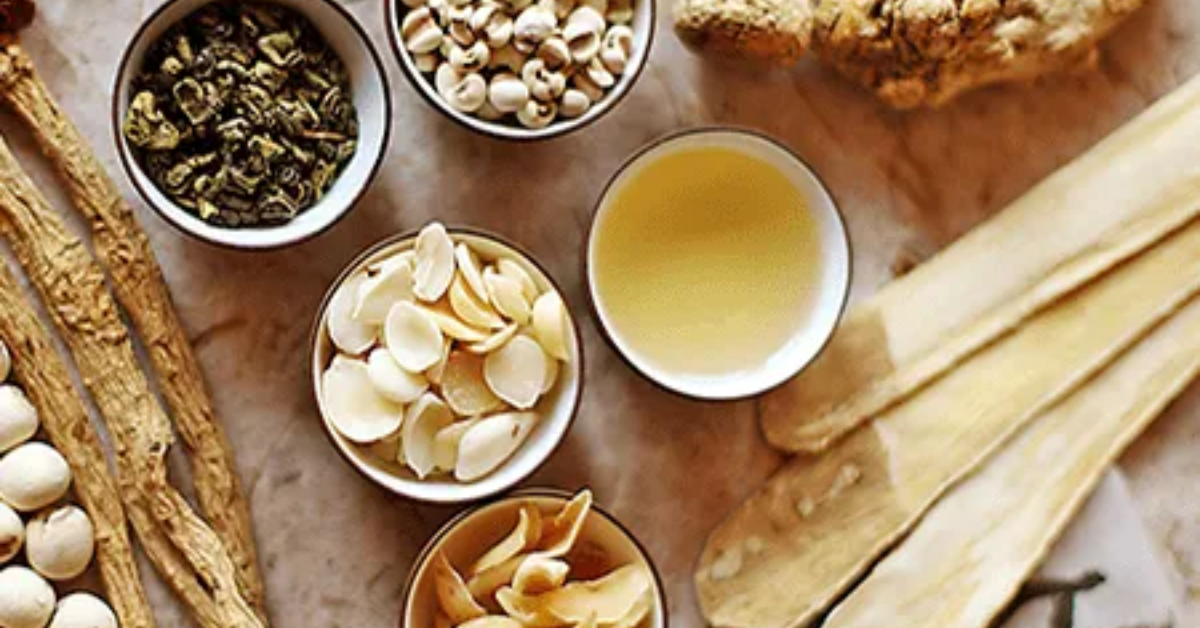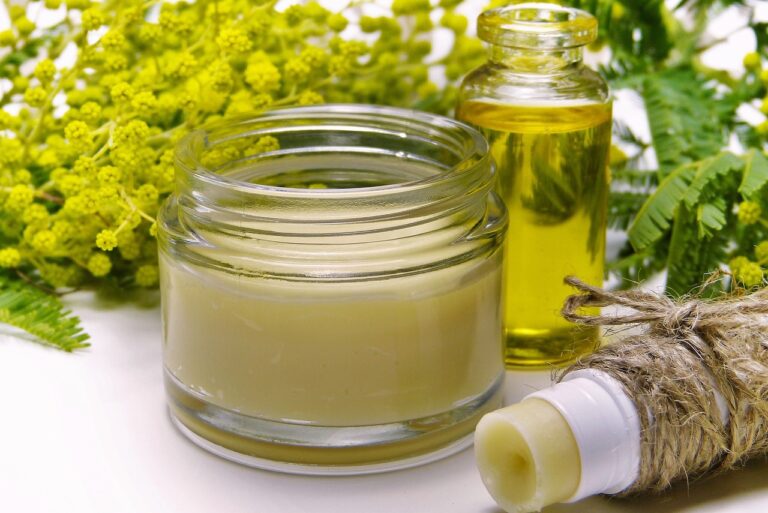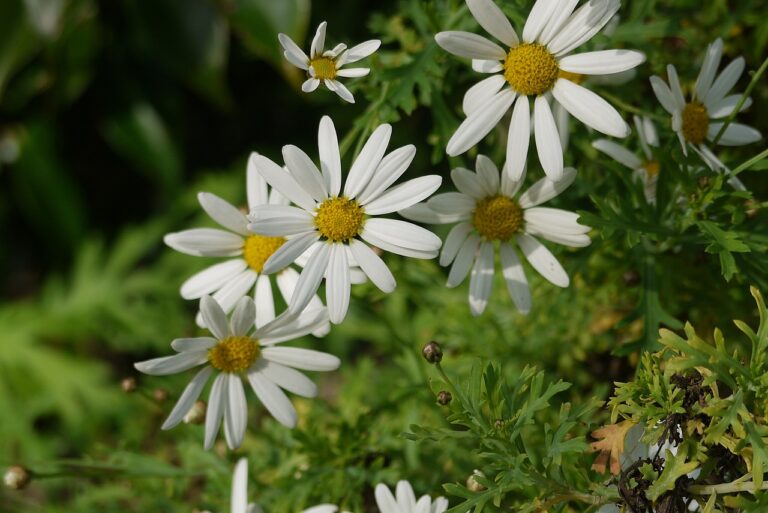Traditional Chinese Medicine (TCM) in Singapore: A Comprehensive Overview
Traditional Chinese Medicine (TCM) has been practiced for over 2,000 years, deeply rooted in the philosophies of balance and harmony. In Singapore, TCM continues to thrive, offering an alternative or complementary approach to modern healthcare. Its holistic methods focus on the body’s energy (Qi), the balance of Yin and Yang, and the five elements: wood, fire, earth, metal, and water. This article explores the growing popularity and benefits of TCM Singapore, as well as the various treatments and practices it encompasses.
The Rise of TCM in Singapore
In recent years, there has been a growing interest in natural, traditional, and holistic health practices. Singapore, with its rich multicultural society, has embraced TCM as a respected form of alternative medicine. The government has even recognized the importance of TCM, with initiatives aimed at integrating it with modern healthcare. TCM practitioners in Singapore are highly trained and regulated, ensuring that patients receive safe and effective treatments.
Key TCM Practices and Treatments
1. Acupuncture
Acupuncture is perhaps the most well-known aspect of TCM. It involves the insertion of fine needles into specific points on the body to stimulate the flow of Qi, helping to relieve pain and treat various ailments. In Singapore, acupuncture is commonly used to treat conditions such as chronic pain, headaches, digestive issues, and stress.
2. Herbal Medicine
TCM herbal medicine uses natural plant-based remedies to restore balance in the body. Herbal prescriptions are tailored to each individual’s constitution and specific health concerns. TCM practitioners in Singapore offer a wide variety of herbs to treat conditions like respiratory problems, skin disorders, and digestive issues.
3. Tuina (Chinese Therapeutic Massage)
Tuina is a form of Chinese therapeutic massage that combines manual manipulation with principles of TCM. It is used to improve circulation, alleviate pain, and promote healing by targeting specific pressure points and meridians. Many people in Singapore turn to Tuina for muscle stiffness, joint pain, and recovery from injuries.
4. Cupping Therapy
Cupping therapy involves placing glass or plastic cups on the skin to create suction, which stimulates blood flow and helps remove toxins. It’s commonly used to treat musculoskeletal problems, respiratory issues, and to improve general well-being. Cupping therapy has become particularly popular in Singapore after being embraced by high-profile athletes and celebrities.
5. Qi Gong and Tai Chi
Qi Gong and Tai Chi are traditional Chinese practices that focus on cultivating and balancing Qi through slow, deliberate movements and breathing exercises. These practices are widely used in Singapore for their health benefits, including stress reduction, improving flexibility, enhancing mental clarity, and promoting overall physical health.
Benefits of TCM in Singapore
1. Holistic Approach
TCM views the body as an interconnected whole rather than focusing on individual symptoms. This holistic perspective allows practitioners to address the root causes of illness and promote long-term health, making it a popular choice for those seeking preventive care and wellness.
2. Personalized Treatment
One of the defining characteristics of TCM is its emphasis on individualized care. A thorough diagnosis is made based on the patient’s symptoms, lifestyle, and overall health. This personalized approach ensures that each patient receives treatments that are specifically tailored to their needs.
3. Natural Healing
With its focus on natural remedies, TCM is an attractive option for those who prefer to avoid pharmaceuticals or are seeking to complement their conventional treatments. Many patients find that TCM methods, such as herbal remedies and acupuncture, provide effective relief without the side effects associated with Western medications.
4. Stress Relief and Mental Health
In today’s fast-paced society, many Singaporeans are turning to TCM to manage stress and anxiety. Acupuncture, Qi Gong, and Tai Chi have been shown to reduce stress levels, promote relaxation, and improve overall mental health, making them popular choices in the city-state’s busy urban environment.
The Future of TCM in Singapore
As awareness of the benefits of TCM grows, Singapore is seeing an increasing integration of traditional medicine with modern medical practices. Several hospitals and medical centers now offer TCM services, providing patients with a more comprehensive healthcare experience. The Singapore government is also taking steps to support and regulate the TCM industry, ensuring that it remains a safe and reliable option for healthcare.
With its long history, proven effectiveness, and holistic approach, Traditional Chinese Medicine continues to play a vital role in Singapore’s diverse healthcare landscape. Whether used for preventive care, chronic illness management, or general well-being, TCM offers a natural and balanced approach to health that resonates with many in today’s fast-paced world.
Conclusion
TCM’s rich history and holistic principles make it an important aspect of healthcare in Singapore. As more individuals seek alternative and complementary treatments, the integration of TCM with modern medicine continues to grow, ensuring that this ancient practice remains relevant and effective in the 21st century. Whether for pain relief, stress management, or overall wellness, TCM offers a valuable tool for enhancing the quality of life in Singapore.







